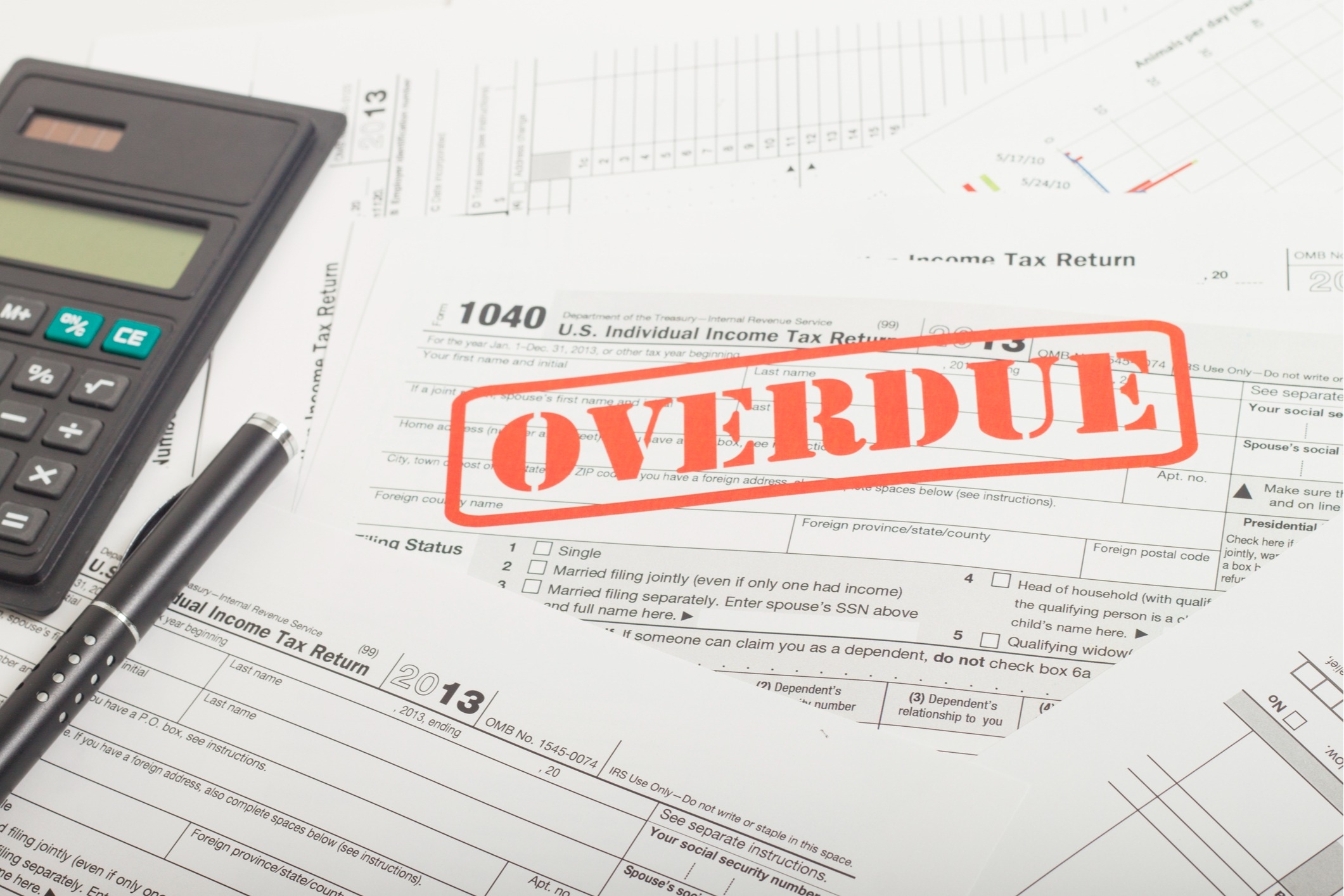IRS Notice of Intent to Levy
By Todd Whalen - July 9, 2021
IRS Notice of Intent to Levy
Receiving a letter from the IRS is enough to scare anyone but getting a notice of intent to levy will stop you dead in your tracks. Not only do these notices sound serious, but the IRS has the necessary firepower to deliver on the threats they describe in the notice.
However, should you handle the situation correctly, these notices can be dealt with, letting you move on with your life. The trick is in actually addressing them, not just hoping that they go away on their own.
Notice of Intent to Levy Forms
If you owe the IRS money and fail to submit your payment by their deadline, you can expect to receive one of three forms in the mail:
• The 1058 Tax Form
• LT11 Letter
• CP90
While they contain slightly different tones, they all alert the recipient that the IRS fully intends on collecting what it shows you owe by any means necessary.
Responding to an IRS Intent to Levy
According to the IRS, the best way to respond to any intent to levy communication they send is by immediately paying the entire balance owed in full through their website. However, if it were that easy, you would likely not be receiving an intent to levy at all.
If not having enough funds is your only problem, setting up a payment plan is often an acceptable solution for both parties. The terms of this agreement will vary based on the amount owed.
If the issue involves a disagreement about the amount owed, typically you have to appeal the notice and request a hearing.
Timing is the Critical Factor
Regardless of which notice to levy you receive or how much the IRS states you owe, you must respond within 30 days. Once that critical 30-day period is up, the IRS will begin collecting what you owe.
To attempt to settle your account, the IRS will use one of three collection methods:
• One-time seizure of any of your assets, including bank account balances, physical property, or business inventory
• Ongoing garnishment of your wages until the debt is paid
• Place a lien against you, which will show on your credit report and make it nearly impossible for you to buy or sell any physical property or get new credit
Should You Seek Professional Help?
While receiving a notice of intent to levy from the IRS can be extremely daunting, no problem is beyond repair. The IRS fully wants to work out a plan to clear your name off their books and the experts at Advanced Tax Solutions are here to help make that happen.
With more than 50 years of combined tax experience, we can often find a plan to stop any tax levy or wage garnishment. All you have to do is reach out while you still have time to find a solution. Remember, you have 30 days from the receipt of your notice of intent to levy so time is the most critical factor.
We have helped clients set up a realistic repayment plan and even get a lien completely released through IRS programs like Fresh Start or Offer in Compromise. If you owe the IRS money and need a similar solution, call us today so we can get to work immediately.




















